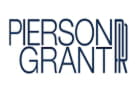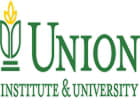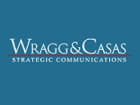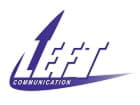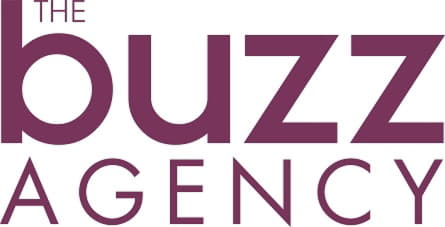Campbell Foundation Awards Grants to UM, FIU and Broward Health

Education, prevention and cure research. These are the cornerstones of The Campbell Foundation’s mission to eradicate HIV and AIDS in our lifetime.
Because South Florida is the epicenter for new HIV cases, the Fort Lauderdale-based nonprofit is providing $25,000 grants to scientists at the University of Miami, Florida International University and Broward Health, who are focused on these critical research areas.
“These fast-track grants to South Florida-based researchers show our Board of Directors’ ongoing commitment to addressing HIV/AIDS right here in our own backyard,” said Campbell Foundation Trustee Bill Venuti. “While many of our research funding goes outside of Florida, there are labs right here conducting research projects that may have a deep, lasting impact on reducing HIV, not only in South Florida, the epicenter for new HIV infections, but around the world.”
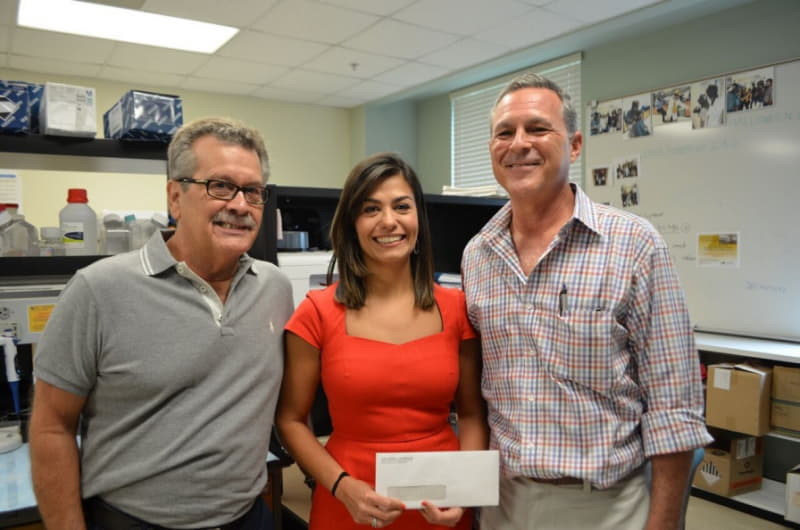
Mentoring Future Researchers
At the Miami Center for AIDS Research (CFAR) at the University of Miami Leonard M. Miller School of Medicine, Dr. Maria L Alcaide is leading the way toward the creation of a mentoring program to attract, support and encourage young investigators into the field of HIV research. The $25,000 grant from The Campbell Foundation will be used to create a mentoring workshop designed to provide tools for mentors (mid- and senior-level HIV investigators) and mentees (junior HIV investigators) from academic institutions in South Florida.
“South Florida is unique and we have a lot of challenges. Creating a pool of young investigators who focus on research in our region is crucial to ending the HIV epidemic in our area,” said Alcaide, an infectious disease physician.
These workshops have proven to be successful venues to strengthen mentor and mentee relationships and to encourage and support the development of the next generation of HIV scientists.
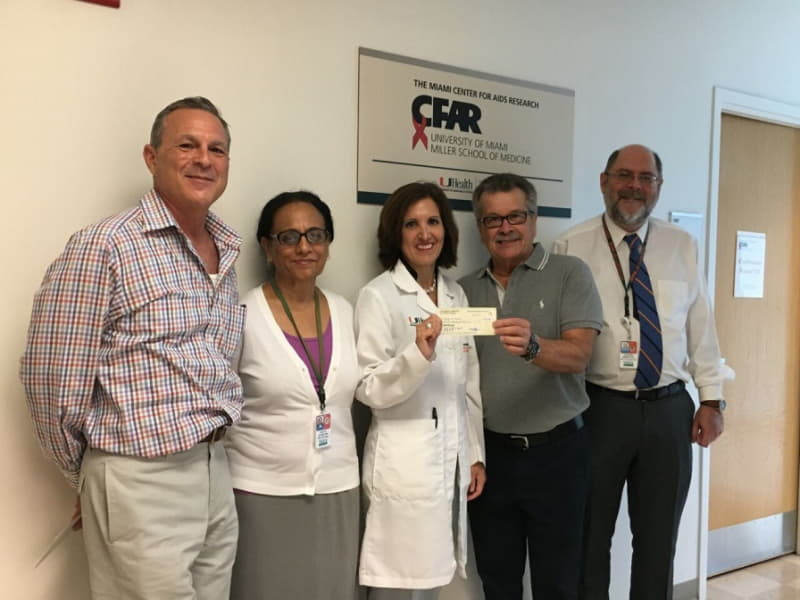
Preventing Future Cases of HIV
HIV prevention is the goal of a team of researchers at the Broward Health Comprehensive Care Centerin Fort Lauderdale, which provides primary care services to those infected and affected by HIV and AIDS.
The $25,000 grant from The Campbell Foundation will be used to get high-risk HIV-negative women on anti-HIV medication (i.e. PrEP) to prevent new infections.
The center’s testing team found that many patients who test negative have multiple risk factors for contacting HIV such as inconsistent condom use, diagnosis of other sexually transmitted infections, exchange of sex for money, use of illicit drugs, partners of unknown HIV status, and engaging in sexual activity in a high prevalence area.
“If you really want to eradicate this disease, then you have to look at the other side of the equation and that is: How do we prevent people from getting infected in the first place?” said grant recipientFarouk Meklat, Pharm D., who with Dr. Michael Sension will be conducting the study. “We want to prevent those who are most vulnerable and at risk from becoming HIV positive.”
Patients who come in for HIV testing, along with the partners of those who have tested positive for HIV, will be invited to participate in The Campbell Foundation-funded study.
Enhancing HIV-Medication Adherence
Patients who test positive for HIV face a lifetime of having to take antiretroviral medication daily. For some, remembering to take it becomes difficult. Missing medication can result in numerous problems including the loss of therapeutic effectiveness and the formation of a medication-resistant strain of HIV.
Grant recipient Rahul Jayant PhD., a researcher at the Center of Personalized Nanomedicine, Department of Immunology at the Herbert Wertheim College of Medicine at FIU, is looking to develop a long-lasting antiretroviral medication. He’s already seen some success and The Campbell Foundation grant will allow him to take it a step further.
“We already have developed a long-active nanoformulation, which can release antiretroviral drugs over a one-week period using our U.S. patented nanotechnology approach. Now, with the generous help from The Campbell Foundation, we will be working toward the development of single-dose formulation that can release the ARV drugs up to one month,” said Jayant.
Many HIV patients tend to lose memory due to neurocognitive impairments during HIV infection. This is particularly true with older HIV patients or those who are drug abusers. The hope is that a longer-lasting medication will help with adherence.
“All three projects are timely, extremely relevant and can directly affect, not only people living with HIV (and those at high risk for becoming infected), but also those who will be caring for them and conducting crucial HIV research into the future,” said Campbell Foundation Executive Director Ken Rapkin.
About The Campbell Foundation
The Campbell Foundation was established in 1995 by the late Richard Campbell Zahn as a private, independent, nonprofit organization dedicated to supporting clinical, laboratory-based research into the prevention and treatment of HIV/AIDS. It focuses its funding on supporting alternative, nontraditional avenues of research. In its 22nd year, the Campbell Foundation has given away more than $10.5 million, with about $1.5 million going to direct services.






